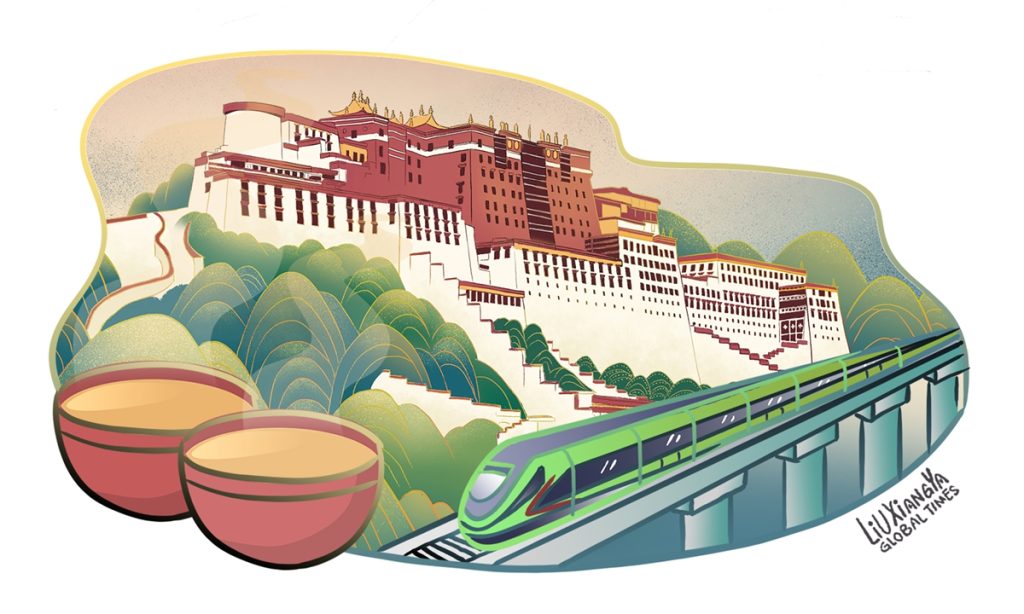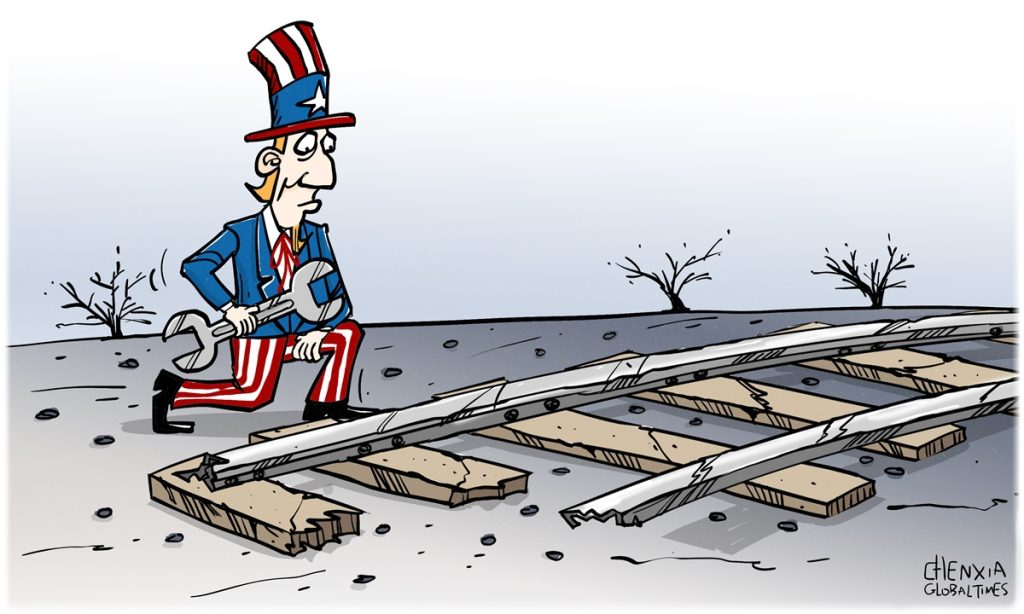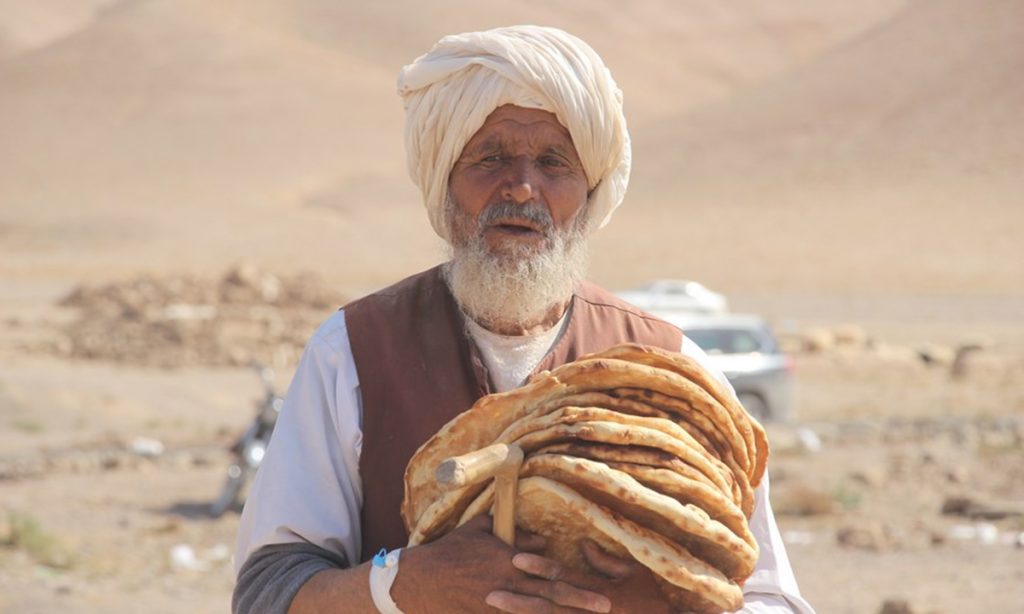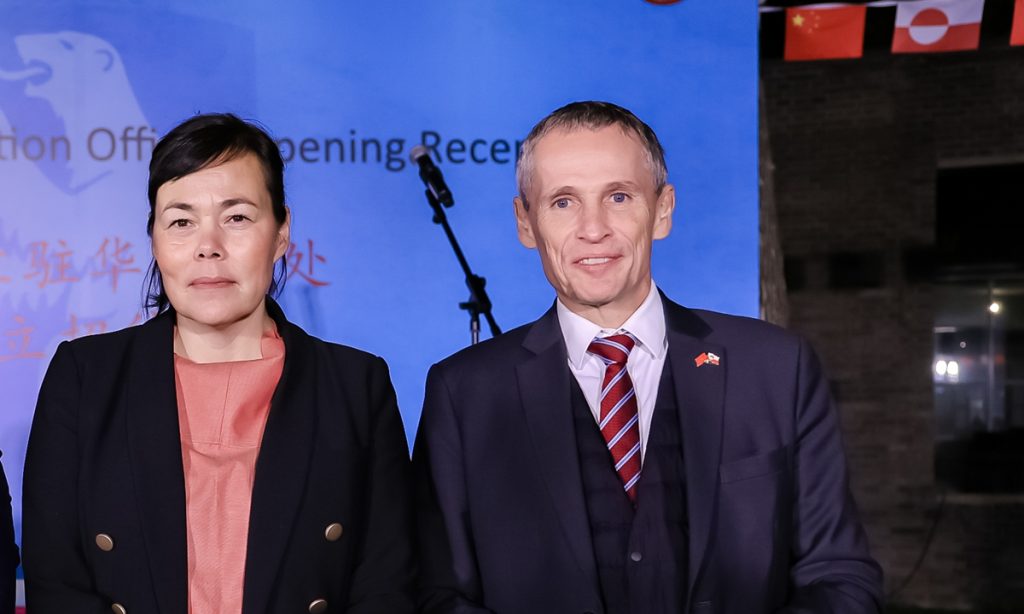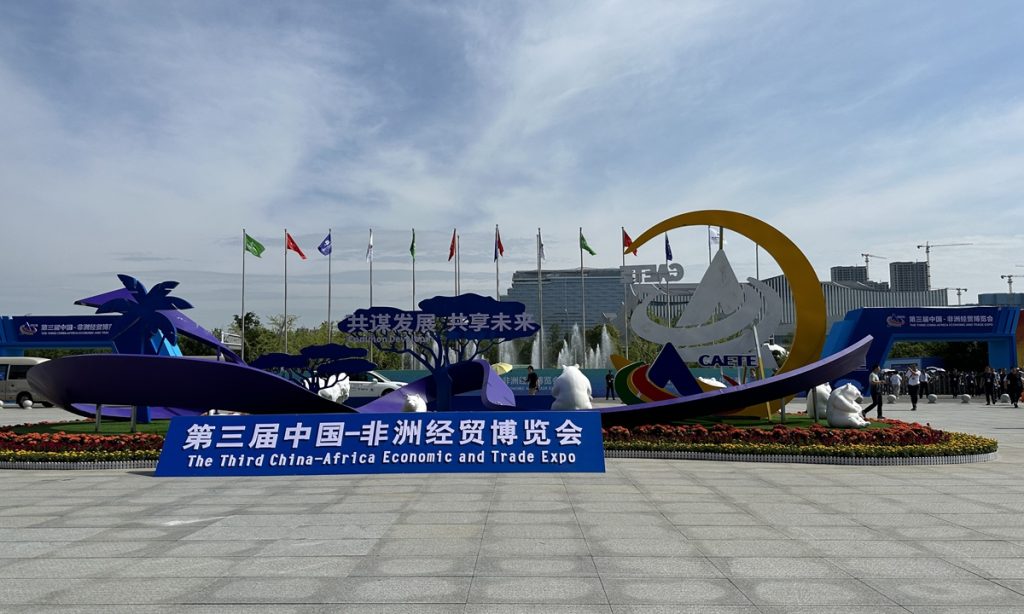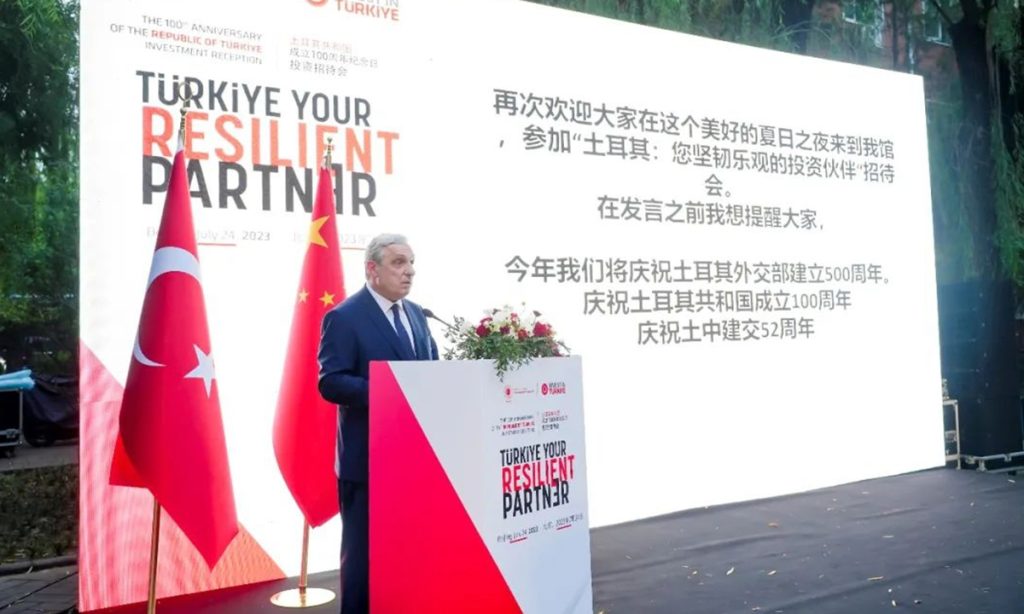China’s reality show sparks cultural exchange enthusiasm with Saudi Arabia

In recent days, the youth-oriented travel reality show Divas Hit the Road Season V has been captivating audiences on Hunan TV and its online video platform Mango TV, igniting cultural enthusiasm for China’s Belt and Road initiative (BRI).
This year marks the 10th anniversary of China's proposed BRI. State-owned Hunan TV, the provincial satellite TV station of Central China's Hunan Province, launched this program. Seven Chinese artists, including Qin Hailu, Qin Lan, Xin Zhilei, Dilraba Dilmurat, Zhao Zhaoyi, Wang Anyu, and Hu Xianxu, embark on a journey including Saudi Arabia, Croatia, and Iceland.
The show follows a "study-travel" format, offering a unique opportunity to share the stories of people along the Silk Road and strengthen cultural connections in a down-to-earth manner. Before the program’s premiere, multiple national tourism boards from Saudi Arabia, Croatia, Iceland, Britain, Australia, South Africa, and Spain posted hashtags related to the program to invite people to share their travel experiences and leave their marks as they journeyed along the way.
Meanwhile, the participating Chinese companies involved in Belt and Road cooperation projects, such as China Railway Construction and China Railway 18th Bureau Group, also joined hands with online users to collectively share the "China stories" along the Silk Road.
Starting from the Cultural Office of the Saudi Arabian Embassy in Beijing, the program takes the "study-travel" approach. On one hand, it delves into essential sites along the Belt and Road, such as the China-built Peljesac bridge in Croatia, highlighting key projects and contributions made by Chinese companies. On the other hand, it offers a deep dive into local customs and traditions, fostering international friendships and making new acquaintances.
Since its debut on October 25, the show has encouraged viewers to learn Arabic, with many online users expressing their eagerness to experience Saudi Arabian cuisine and its stunning landscapes. Domestic travel platforms have witnessed a surge of 772% in searches related to "Saudi Arabia."
Through the show’s engaging travel explorations, domestic audiences are taken into the lives of real families living along the Belt and Road, feeling the tangible improvements brought about by Chinese wisdom and contributions. Meeting international friends who love Chinese products, speak Chinese, and have a fondness for China in a foreign land has left the show's participants touched and proud.
China’s Ambassador to Saudi Arabia, Chen Weiqing, posted a bilingual promotion of the show to global audiences, stating, China’s most popular variety show, Divas Hit the Road, has completed its filming in Saudi Arabia. Chinese artists have introduced the changes and developments in Saudi Arabia to the Chinese people.
The popularity of the show has not only captivated Chinese audiences but has also led to a surge in interest in the Silk Road and its cultures. Following the program’s broadcast, the search volume for terms like "Saudi" and "Saudi Arabia" on domestic travel platforms experienced a remarkable 772% increase.
As of now, the program has garnered over 2800+ trending mentions on domestic social media platforms, sparking widespread conversations.

